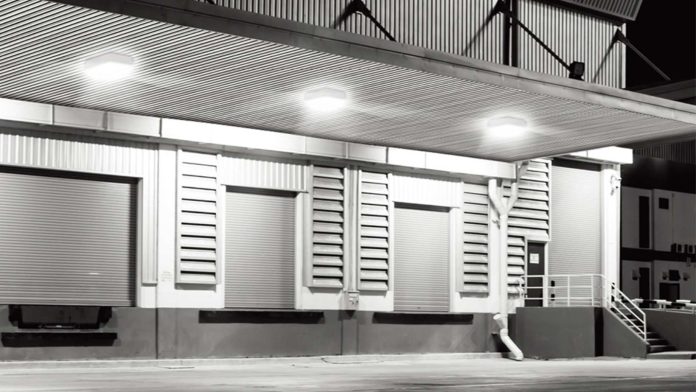Lights are used everywhere, whether you are talking about a home, a library, or an aeronautical center. However, manufacturers make different types of lights according to the varying requirements (No one uses stadium lights in their living room!).
Canopy lights initially appeared in the early 20th century. However, the invasion of LED technology made them more widespread. Although the gadget’s name may not reveal much about its placement, canopy lights have a lightning source underneath the structural fixture. You can also understand them like embedded lights in ceilings.
Usually, canopy lights have clear glass covers to produce a brilliant, focused light beam. However, some models also have frosted lenses to create a wider light beam. But why do people prefer LED canopy lights over standard ones? Let’s take a quick view of some reasons which lead to the popularity of these lights.
Things That Make LED Canopy Lights Stand Out of The Crowd
The specificity of the use case illustrates the number of advantages LED canopy lights offer. However, some things are intrinsic.
Energy Efficient
The primary advantage of LED canopy lights is that they are energy efficient and require significantly less installation and maintenance costs. Dimmable LED canopy lights have integrated regulating systems that reduce the frequency of the light when there are fewer or no people around.
This characteristic is valuable for maintaining less energy consumption and reliable operations. Also, since LED canopy lights are less prone to voltage fluctuations, they last longer than conventional lights.
Low Maintenance
Unlike conventional bulbs, which operate on heated filaments, LEDs are easily repairable. Hence, if some of the lights get damaged, you can get them repaired instead of buying new ones.
An average LED lasts about 50,000 to 1,00,000 hours, whereas a conventional light works for only 12,000 to 25000 hours. Hence, by deploying LED canopy lights, you’ll have to spend less on maintenance and replacements.
Adaptable To Changing Weather
Observations reveal that LED canopy lights also maintain their efficiency in harsher environments. They function ideally even in cold temperatures and consume optimal energy. In comparison, traditional lights consume more power to generate illuminance as the temperature drops.
Good Quality Lights
LED canopy lights have a higher CRI value. It means they are more reliable for displaying the actual color of the objects. However, the classic filament lights don’t have a good CRI, which is why the apparent colors vary significantly.
LED lights also have a wider throw range and can easily illuminate more areas than standard lighting options.
Eco-Friendliness
Conventional lights have UV emissions which are dangerous to the environment. Hence, the longer the lights operate, the more they impact the environment. In comparison, LED canopy lights don’t have any UV emissions, so they are eco-friendly and safer to install in sensitive working spaces.
The Takeaway
Canopy lights are available in both classic fluorescent lamps and LED technologies. However, LED canopy lights are preferred due to their countless benefits. You can install them in outdoor and indoor lighting without worrying about performance degradation.
Also, LED canopy lights don’t require high maintenance and running costs as they are more enduring and reliable than traditional ones. Canopy lights add brilliance to the space while ensuring design minimalism. That is why they are widely used in public and private areas.











